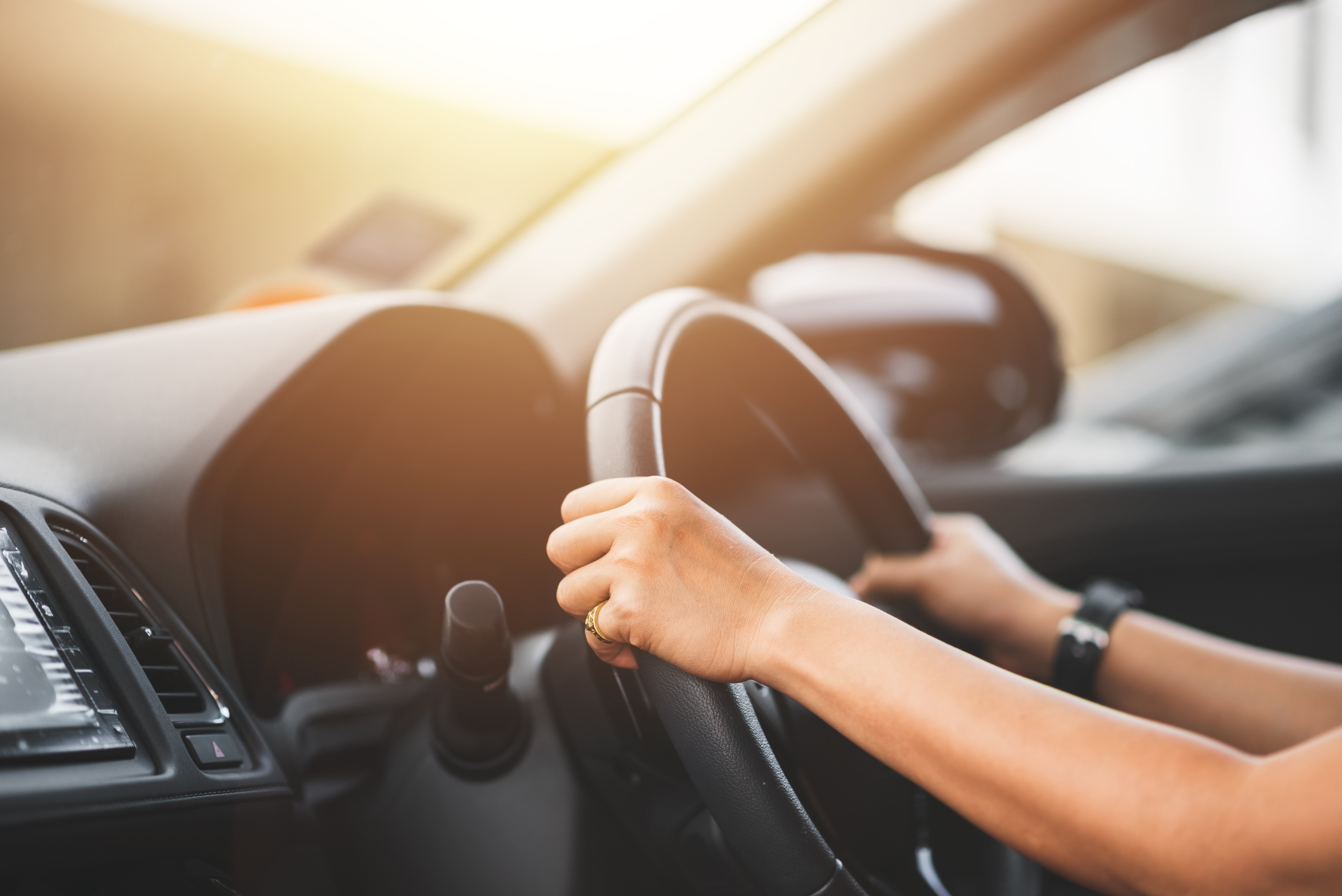No matter our age, most of us love a good night out with friends. If this usually ends up with some boozing, you should consider how this might impact your life on the road. Waking up with ‘beer fear’ and worrying what you said or did is a very real side effect of a good night. But hitting the road after drinking could turn that fear into a nightmare for you and others around you.

What is the legal drink driving limit?
In England, Wales and Northern Ireland, the limit is 80mg of alcohol per 100ml of blood. In Scotland a lower limit of 50 mg of alcohol per 100ml of blood applies.
Though most of us know that drink driving is illegal, many might not know what the drink driving limit is, or just how long the alcohol could stay in our system, impacting our driving abilities. Our Populus research shows that 26% of 18-24 year olds admitted to driving the morning after a heavy night of drinking. And that 30% of 18-24 year olds who drink had relied on eating a fried breakfast to help reduce their blood alcohol level if they knew they had to drive.
For more advice on what to expect if you get pulled over for driving over the limit, read our full guide on drink driving law.
When can I drive after drinking?
You might be able to handle your booze, but waking up without the dreaded hangover headache doesn’t mean you’re fit to drive. It’s hard to accurately work out just when you’re back below the drink driving limit as everybody is different. As a general rule bear in mind that your body can only really break down around one unit of alcohol an hour.
If you're planning a big drinking session, you should avoid driving the next day altogether.
I can handle my drinks so can I drive after a few?
A common misconception is that ‘heavyweights’ will be okay after a couple of drinks. Even if you're not obviously drunk, you can still be over the limit and your driving can be impaired.
Though bottles and cans nowadays come with a unit serving on the label, it’s still difficult to accurately convert the legal drink driving limit into a set number of drinks. Everyone reacts differently, and there are several factors that can affect how much alcohol is absorbed into your blood including:
- Your weight.
- Your age.
- Your gender.
- Whether you’ve eaten that day.
What if I have a driving lesson when I’m still hungover or drunk?
The law doesn’t care if you have a full driving licence or not - if you’re caught driving, or attempting to drive over the drink drive limit, you can be prosecuted for drink driving. Learner drivers might be surprised by that, but just being caught over the limit can lead to a driving ban, a steep fine and even a short prison sentence. These don't just apply to the driver, either. Anyone supervising a learner driver is subject to the same laws and penalties.
Examples of punishments which can be given to drink drivers include:
- A 3 month prison term, up to £2,500 fine and a possible driving ban if you’re caught being in charge of a vehicle while over the limit.
- Up to 6 months imprisonment, an unlimited fine and a driving ban for at least 1 year if you’re found driving or attempting to drive while over the drink driving limit.
- Not providing a breath, blood or urine sample can lead to 6 months imprisonment, an unlimited fine and a driving ban for at least 1 year.
- If you get caught driving over the limit, you’ll also find that your insurance could be more expensive when you do eventually get your licence back.
Should I cancel my driving lesson if I’m hungover?
Driving instructors have, rightly, been known to refuse a lesson if someone appears to be drunk or suffering from the consequences of a night out. Some research even suggests that driving hungover is just as dangerous as driving drunk, so it's best to reschedule or cancel if you know you have a lesson the next day.
Even if you haven’t been drinking that day, having alcohol in your system can affect your driving abilities in many ways:
- Your normal brain function will be slower, as alcohol is a depressant. This means your reaction times and concentration could be impaired.
- Your field of vision becomes narrower and shorter, making driving harder and more dangerous. After excessive amounts of alcohol, you could even suffer from blurry or double vision.
If you’ve been drinking, stay off the road, and if you have to drive, stay off the drink. It's as simple as that. If you’re learning to drive, your instructor will make sure you know the rules, and they’ll make sure you follow them. For your safety, and the safety of others.
